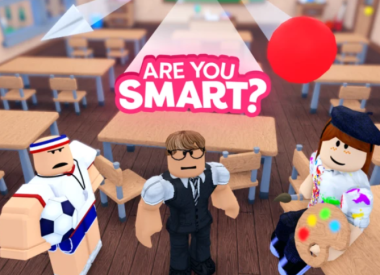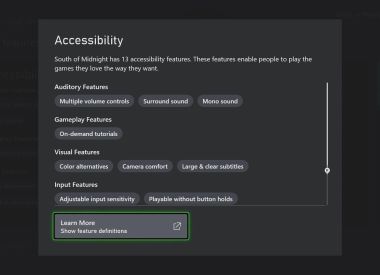Technology is quickly creating high-functioning robots and a futurologist is theorizing that a new human species could be formed. According to Dr. Ian Pearson, a full time Futurologist at Futurizon, technology and humans could soon be merging to create a new superior species of man called Homo optimus as early as 2050.
“We can expect our evolutionary process to change in response to technology,” said Pearson to MailOnline. “What's exciting is that it is no longer nature which is forcing changes on us but our own breakthroughs enabling changes we want.
“This could give rise to some weird and wonderful future forms and creations – from changing video displays on our faces to controlling our own dreams - our (evolving) imaginations are the only limit,” Pearson continued.
His other predictions include that humans will live online within the next 35 years and have pets talk to humans. Pearson also believes that transhumanism will be normal by 2050.
“With optimized genomes and bodies enhanced by links to external technology, people could be more beautiful...more intelligent, more emotionally sophisticated, more physically able, more socially connected, generally healthier and happier all round,” said Pearson.
Pearson adds that people currently under the age of 40 could achieve “electronic immortality” during their lifetime. What is digital immortality? It’s when your thoughts and experiences are catalogued for the future. Pearson even believes that people can shift their mind after their biological death to an android body.
“This would allow people to have multiple existences and identities, or to carry on living long after their biological death,” wrote Pearson in the Future Human Report.
Digital immortality is already a thing. United Therapeutics currently offers a unique service called Lifenaut, which creates digital avatars of people using personality tests and data from social media profiles. Created by Martine Rothblatt, the service uploads memories, mannerisms, personality profiles and more into a computer to create a robotic clone.
“Taking a mind and offloading it to software is consistent with physics, and it’s something that I think will be done in this century,” said Rothblatt at eMerge Americas. “I think it was not a very big stretch for me to ask myself: What if you transplanted their minds into software?”
“Would they be able to stay alive in the software while perhaps technology continued to advance? And just like we regenerate lungs and we regenerate hearts, perhaps, ultimately, people can regenerate brain tissue so their minds can rewritten into brain tissue. All of these things are kept in a mind file and so in the future when software does catch up with Kurzweil's predictions, all of their thoughts and memories will be there [for that use].”

















